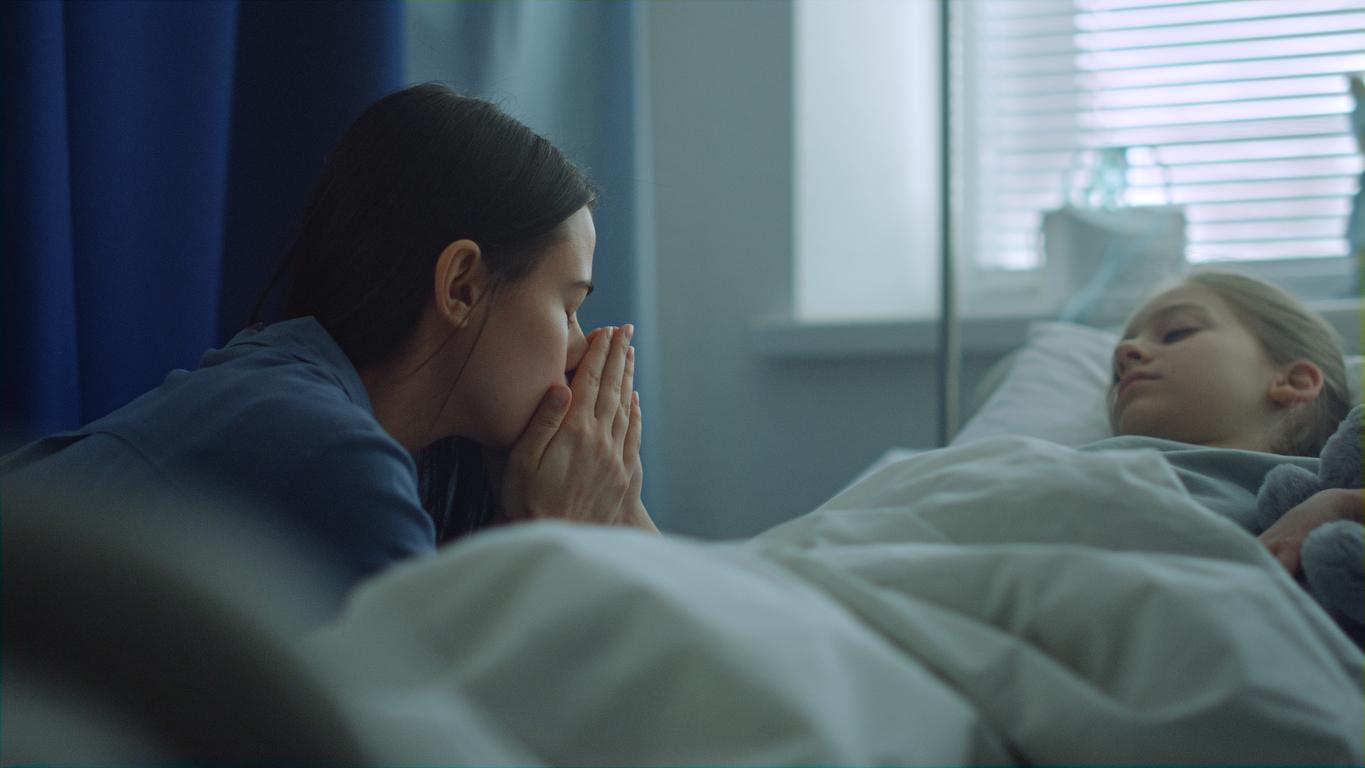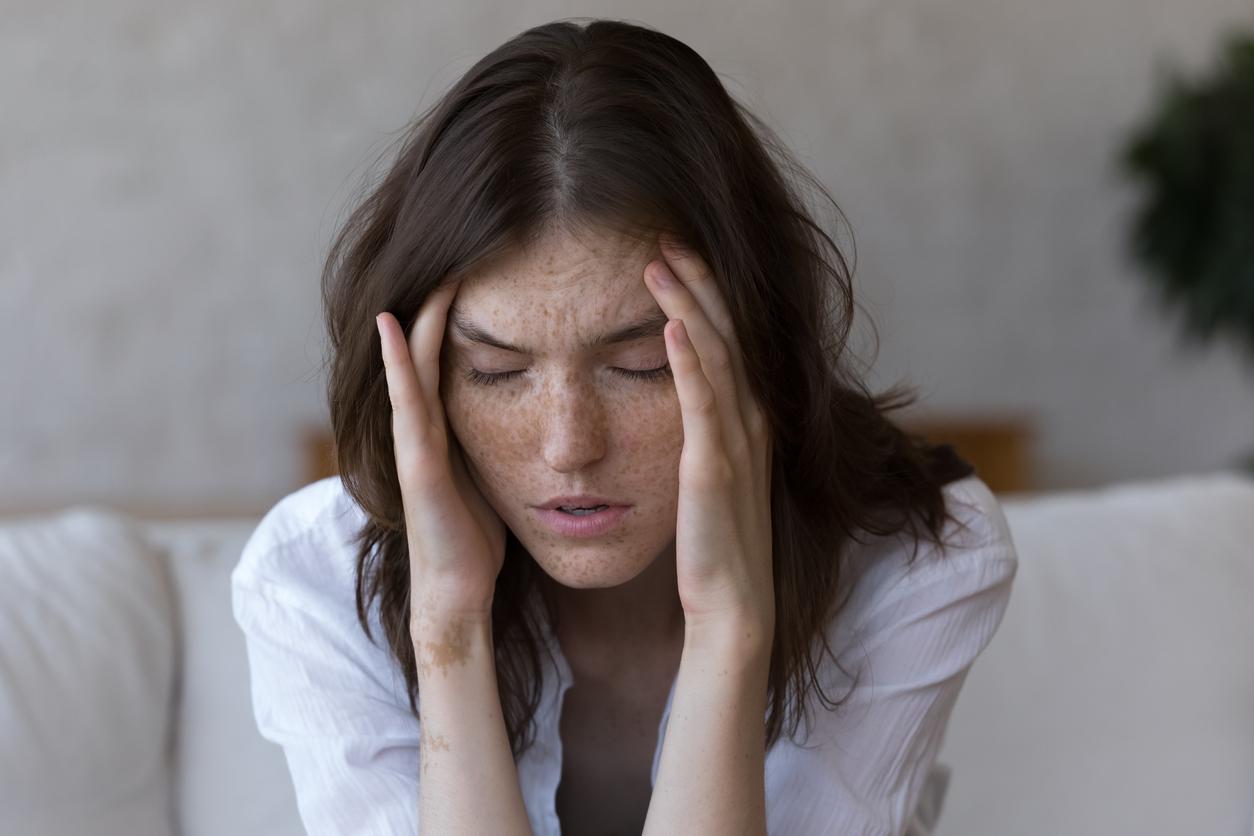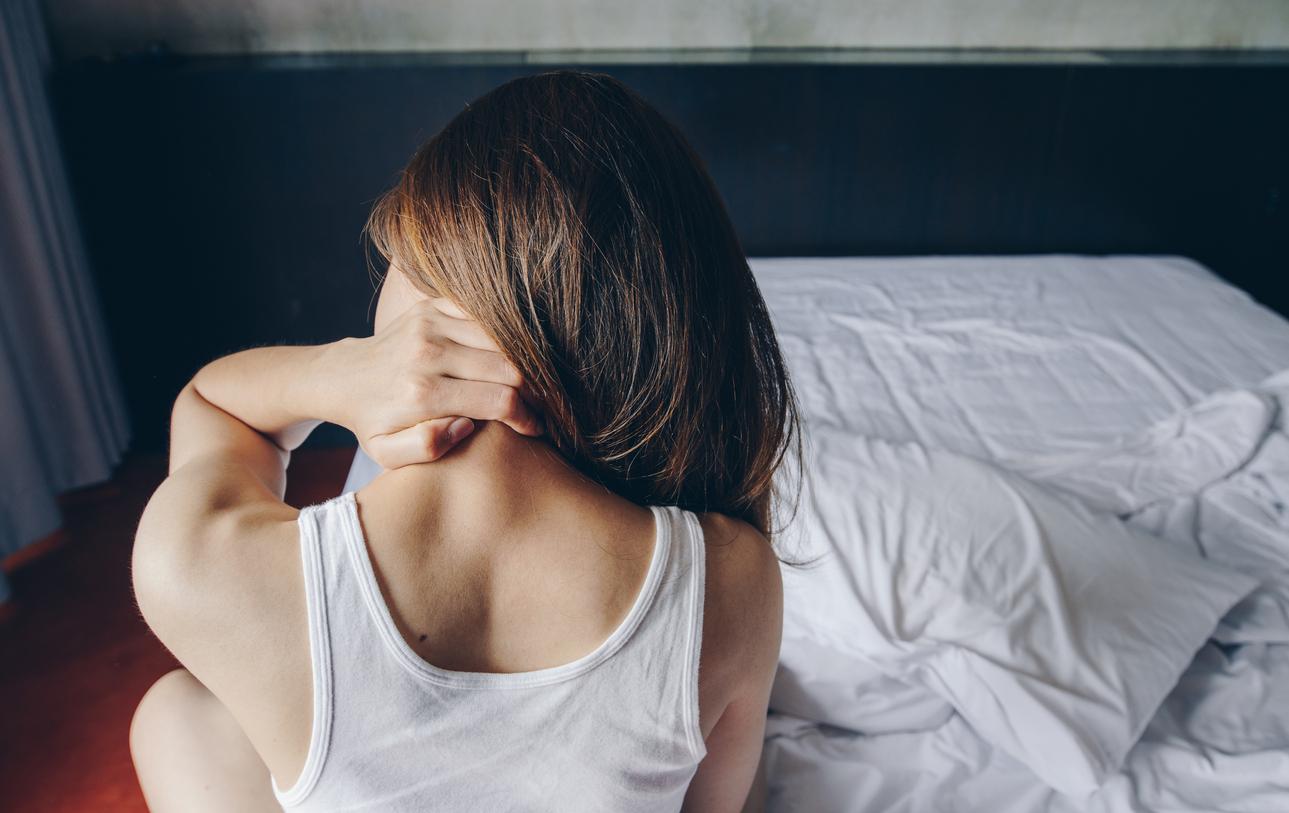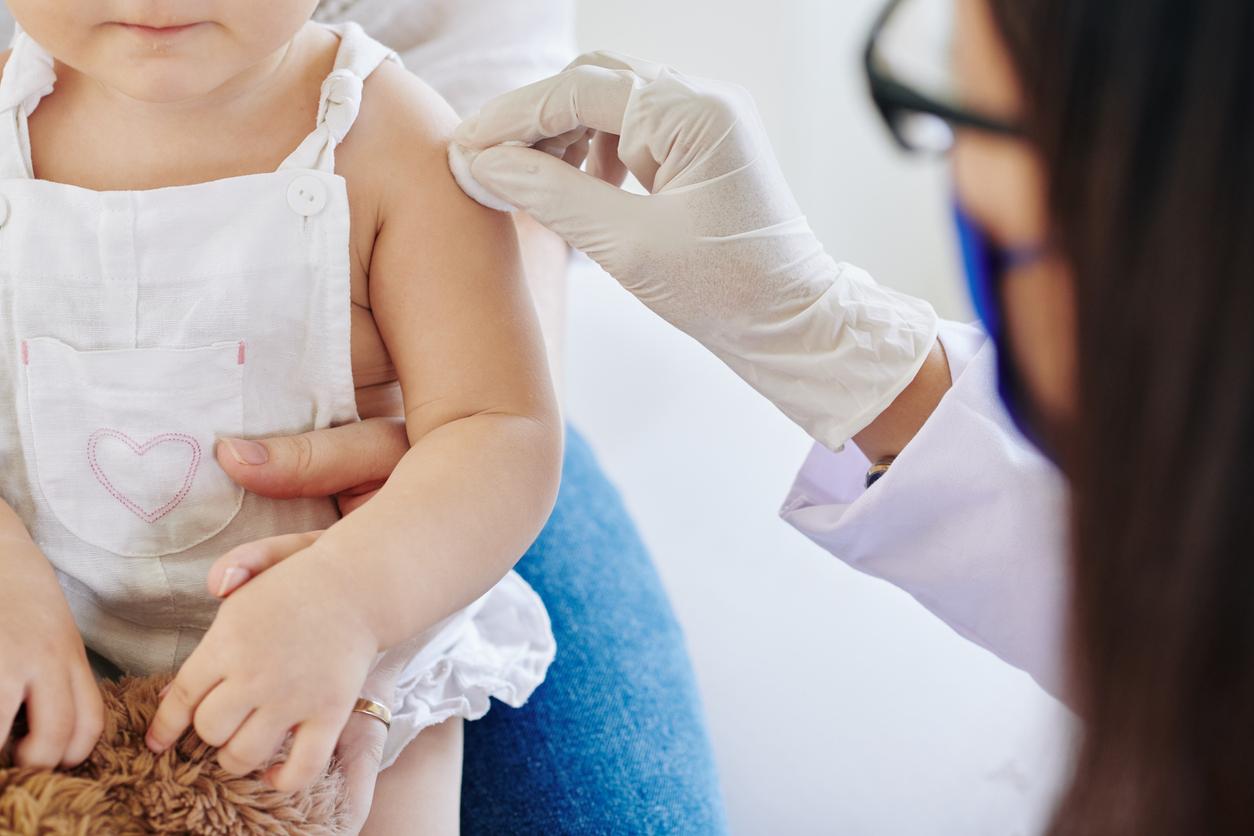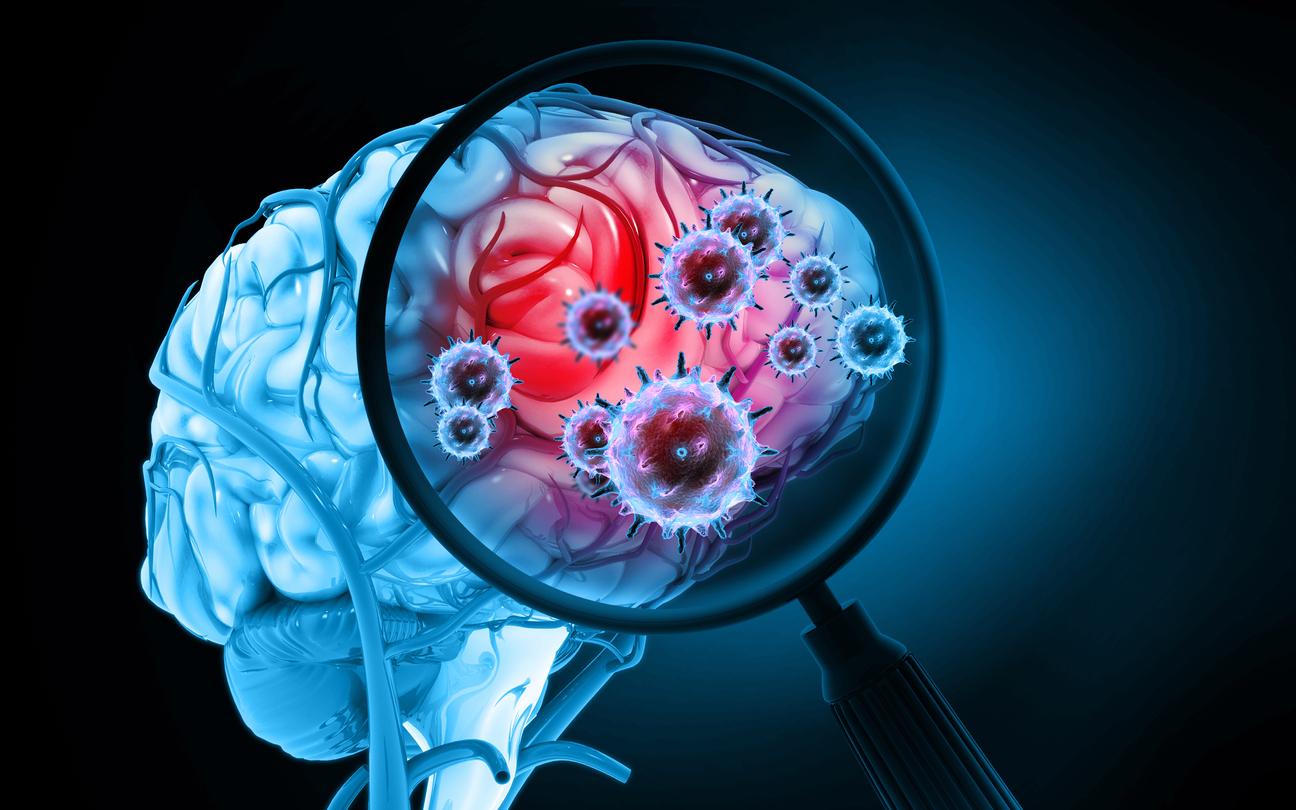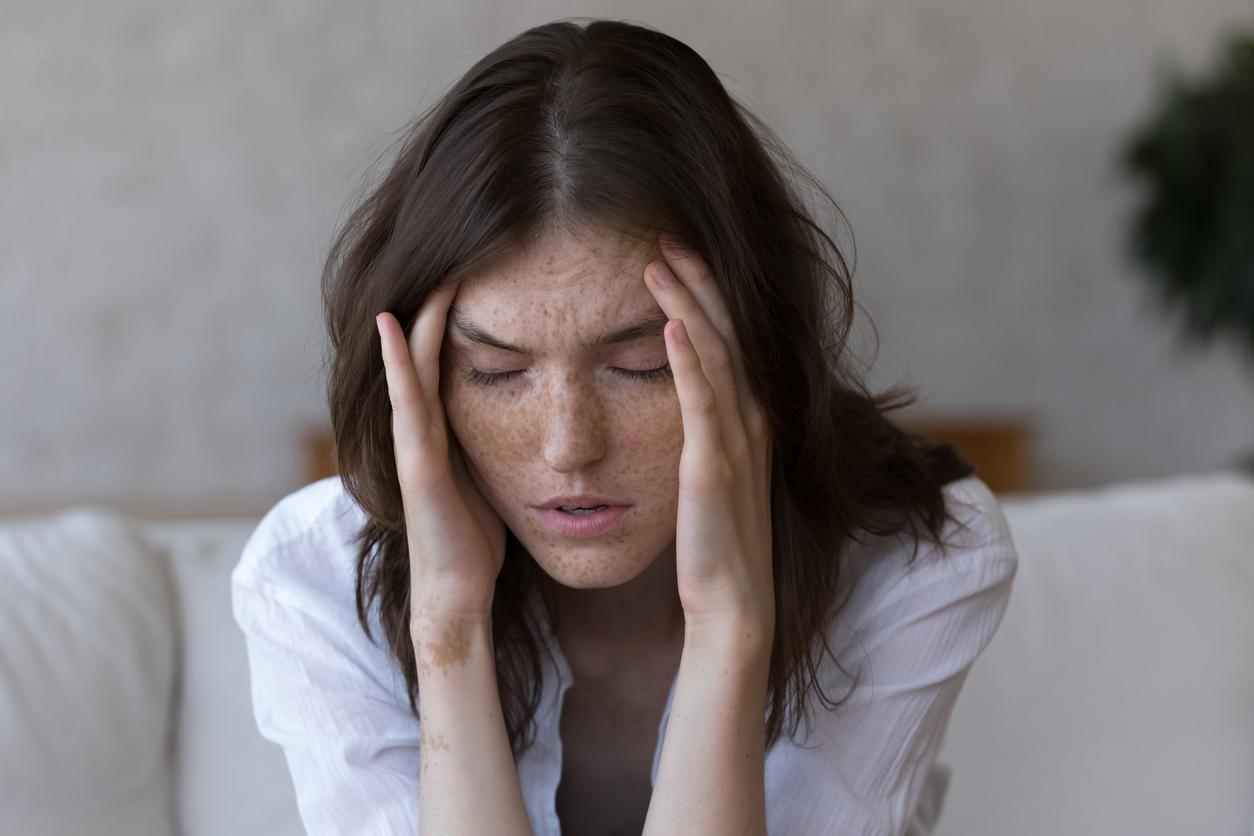Before explaining what meningitis B is, we must go back to the source of this pathology: the meningococcus B. “Meningococci are a family of bacteriaexplains Dr. Adrien Dereix, general practitioner. These bacteria come in different forms: we talk about serogroups. In total, there are 12 serogroups of meningococci that are distributed on the surface of the planet – the best known are serogroups A, B, W, C and Y.“
All meningococci can cause disease. In France, the most widespread meningococcus is meningococcus B: “formerly it was meningococcal Cunderlines the general practitioner. But thanks to the compulsory vaccination against this bacterium (introduced in 2018), it has fallen sharply.“
Meningitis B: how is meningococcus B transmitted?
Meningococcus B is a bacterium that is transmitted through the air, via droplets. “An infected person will cough, sneeze and/or talk near a healthy person, transmitting the bacteria to them.” illustrates Dr. Dereix.
Once meningococcus enters the body, it settles in the throat and nose. “If he stays there, the person becomes healthy carrier : she is not sick, but she is infected with meningococcus B and can above all transmit it without realizing it…“Note: experts estimate that 10% to 15% of the population is a “healthy carrier” of meningococcus B!
In some cases, meningococcus B crosses the mucous membranes and ends up in the bloodstream: there, it quickly reaches the meninges, that is to say the “web” that surrounds and protects the brain, causing inflammation. We then speak of meningitis.
Meningitis B: what are the symptoms to identify?
Attention ! “Meningitis B, it can be very fast! Symptoms can appear very quickly after infection, and in a very impressive way!” emphasizes Dr. Dereix.
In the case of meningitis B, the following symptoms may develop:
- A high fever, often around 40°C,
- severe headaches,
- “jet” vomiting,
- Phono- and/or photophobia, i.e. discomfort in the presence of noise and/or light,
- Neck stiffness:to the touch, the neck seems very contracted, the person has trouble turning his head (as in the case of torticollis) and it is difficult for him to put his head on a pillow!“describes the general practitioner,
- Purpura fulminans: “one or more red spots appear on the patient’s skin (comparable to blood spots) which do not whiten when pressed“.
Attention ! “Meningitis B mainly affects young children, before the age of 2: it can therefore be complicated for parents to spot the symptoms listed above. The baby with meningitis cries a lot, he moans, he seems uncomfortable…“
Meningitis B also affects people who suffer from an immune deficiency.
Meningitis B: how to react?
Meningitis B: is it serious, doctor? Yes. “Without treatment, meningitis B is fatal in 10% to 15% of cases. And when it is treated late, there may be neurological sequelae (hearing disorders, for example)” answers Dr. Dereix.
If in doubt, there is no time to lose. “If your child has a high fever, is vomiting, has a stiff neck, has trouble turning his head, turns away from the light… immediately call 15 or 112 !“
It’s good to know : “all general practitioners have, in their office, an anti-meningitis treatment to be administered as an emergency injection (Rocéphine® or ceftriaxone)‘ remarks the doctor.
The treatment of meningitis B is done in the hospital: “First, the patient will be given a penicillin antibiotic intravenously or intramuscularly. Then he will have to take amoxicillin“. Good news : “when caught early, meningitis B is curable and leaves no trace“.
Meningitis B: how to protect yourself?
There is a vaccine (not compulsory but recommended!) against meningococcal B: it is Bexsero®. “This is administered in 3 injections, at 3 months, at 5 months and at 12 months” describes Dr. Dereix. It is of course possible to get vaccinated “late” – ask your GP for advice!
“The best way to protect yourself against meningococcus B is to respect barrier gestures: during the Covid period, between distancing, masks and hygiene measures, meningitis had declined sharply in France!“explains the doctor.
Thanks to Dr. Adrien Dereix, general practitioner and medical director of ELSAN Prevention.
Source : MyVaccines.net










